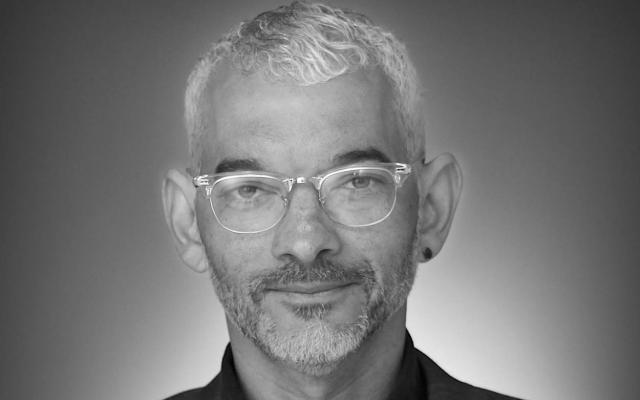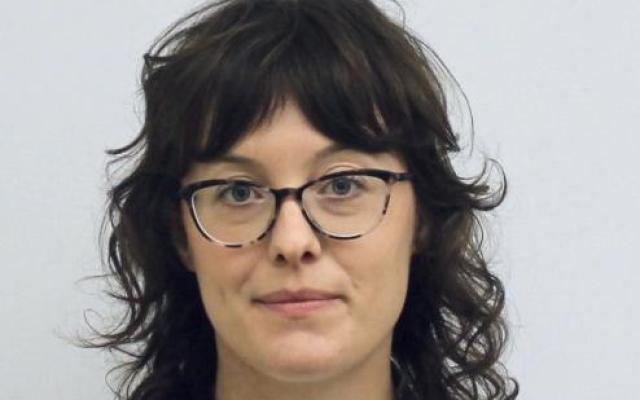The problems societies face today are complex, if not wicked. Gender equality, water scarcity, climate change, social justice, food scarcity, natural disaster response, political engagement, the future of work...just to name a few. They signal that making any progress will demand a robust partnership of the humanities, social sciences, science, and technology, where the respective expertise will be united utilizing design practices.
Solely focusing on science and technology innovations for solving our great challenges is a guarantee of failure. Progress to improve the human condition will be denied without deep understanding of human experiences, broad contexts, multiplicity of relationships, politics, and cultures. Human-centered inquiry, sustainability, and social justice need to be baked into our thinking to develop the kind of solutions humanity needs as well as to create our world’s future leaders.
The Humanistic Design Speaker Series brings to campus speakers that highlight how broad, yet deep domain expertise can be brought together through design to enhance the human condition. This series brings up-and-coming scholars from outside to our campus to discuss their efforts in humanistic design.
By bringing these speakers to campus, we will understand emerging insights into critical areas impacting the planet and human condition. If you are interested in how science and humanities partner through design to create a better world, please attend.



